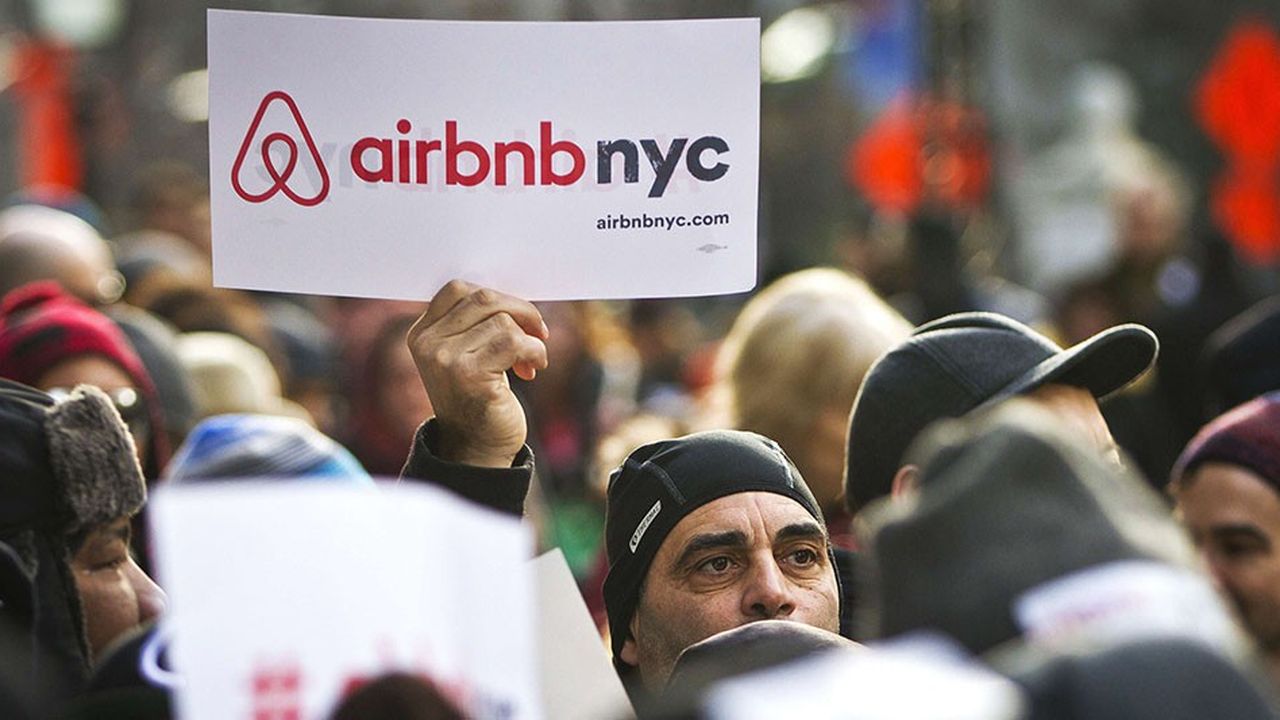At a time when teleworking must become the norm again to fight against the spread of Covid-19 (29% of contaminations will occur in the workplace according to a study by the Institut Pasteur), the hunt for bad students is open. With, in the sights of the Ministry of Labor, three particularly targeted sectors: banks, insurance and consulting companies. At the end of February, the representatives of the three branches were called to order by the Minister of Labor, Élisabeth Borne.
“Banks prefer to focus on net banking income (Editor’s note: indicator to assess its activity) to the health of its employees. The insurers are not playing the game either and remain deaf to our requests, “criticizes Valérie Lefebvre-Haussmann, general secretary of the CGT federation of banking and insurance staff unions.
VIDEO. Respect for teleworking: “A slackening in banking, insurance, IT and real estate activities”
Would companies in the sector ignore the requirements of the State? The reality is more nuanced. “To say that they are bad students seems excessive to me, tempers Luc Mathieu, general secretary of the CFDT banks and insurance companies. The Ministry of Labor had compared the telework rate compared to December, and it had fallen a little at some banks and insurance companies, while remaining high. The real problem is the physical agencies. “
According to the French Banking Federation (FBF), 63% of the 360,000 employees in the sector were teleworking in January. “A rate higher than the national average of 26%”, insists the FBF. There are disparities between employees and head office managers (80%), so-called “support” functions (60%) and branch employees where the rate drops to less than 20%.
“A necessary presence”
Objective reasons can explain it. “The presence of employees in branches is necessary to ensure the continuity of our mission, considered essential, supports a spokesperson for Crédit Mutuel. But, here again, we organize the teleworking on a rotating basis. “
Newsletter The essentials of the morning
A tour of the news to start the day
—
Mutual banks, such as Crédit Agricole or Caisse d’Épargne have a substantial network of branches, some of which are in rural areas where “local service is essential”, supports a spokesperson for the BPCE group, the owner. of the Caisse d’Épargne and the Banque Populaire. “The rate is 24% for network employees. 60% of our agencies have five employees or less, teleworking is very complicated to set up if we want to be able to accommodate individuals and professionals, ”he continues.
Like Macif, who had also had his ears pulled, the justification is the same. “The employees of the agencies, who represent a little more than 20% of the total workforce, are mostly kept on site to accommodate members who travel and meet their needs”, explains the company, which puts forward “the strictest respect for sanitary rules”.
Despite everything, the unions ask insurers and banking networks to “sit down around the table” to make arrangements. “Until then, they refuse to negotiate, laments Luc Mathieu. We are not asking for branches to be closed, simply that intermediate solutions be found. “
–


